I flew on a modern-day air taxi and saw how it's the perfect middle ground between driving and flying private for regional travel
Thomas Pallini

- The modern-day air taxi isn't a futuristic vertical take-off and land aircraft but often a propeller aircraft that's inexpensive to operate and can comfortably fly passengers on regional routes.
- Hopscotch Air provides air taxi flights from airports across the Northeast as a cost-effective alternative to chartering a traditional private aircraft and time-effective alternative to driving.
- I flew on one of Hopscotch Air's air taxis between two airports in Long Island to see if it truly beat driving.
The idea of an air taxi for most is the futuristic concept of self-flying eVTOLs soaring over traffic-ridden city streets, flying passengers to their meetings across town. While that may be a reality of urban air mobility one day, the modern-day air taxi is completely different.
Hopscotch Air is a New York-based air taxi service that uses light aircraft to connect remote cities across the Northeast as a cost-effective alternative to chartering a private aircraft. Ideal for regional travel, CEO Andrew Schmertz views the firm's competitors to be more trains and automobiles than it does private jets and offers the convenience and exclusivity of a private aircraft experience without the costly extras the drive up the price.
Powering the air taxi fleet is the Cirrus SR-20/22 series of piston aircraft, one of the most popular in general aviation known for their comfort, style, and high tech systems.
I took a ride on a quick demonstration flight across Long Island between Farmingdale's Republic Airport and Brookhaven Airport to see whether the service is worth the premium compared to driving or taking a commercial flight.
Here's what it was like.
This is an air taxi, operated by Hopscotch Air.
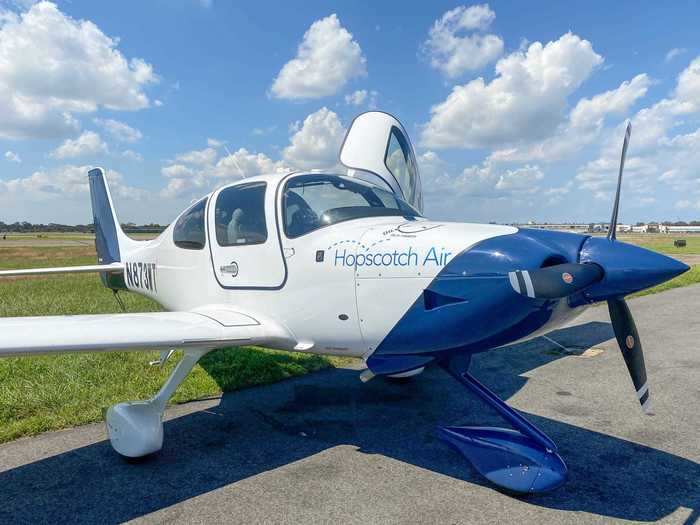
Four of these piston engine-powered Cirrus SR-20/22 series aircraft currently make up the Hopscotch Air fleet, offering regional travel across the Northeast and beyond.
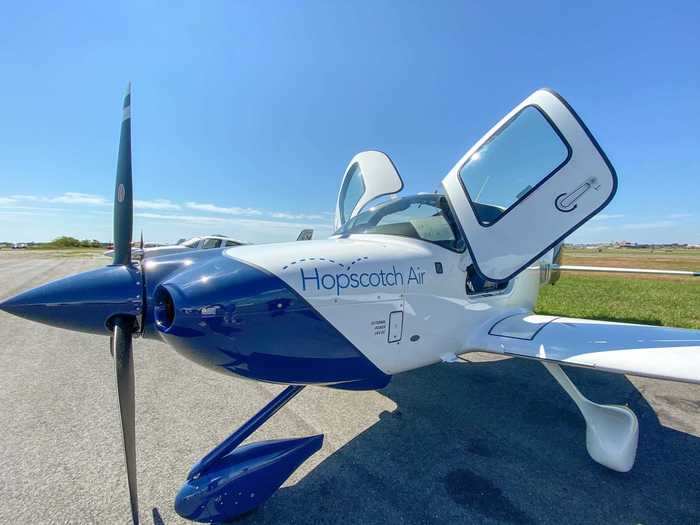
From New York, the aircraft have a range of around five hours, making cities like Chicago, Savannah, and Nashville all accessible with a non-stop flight when the weather allows.
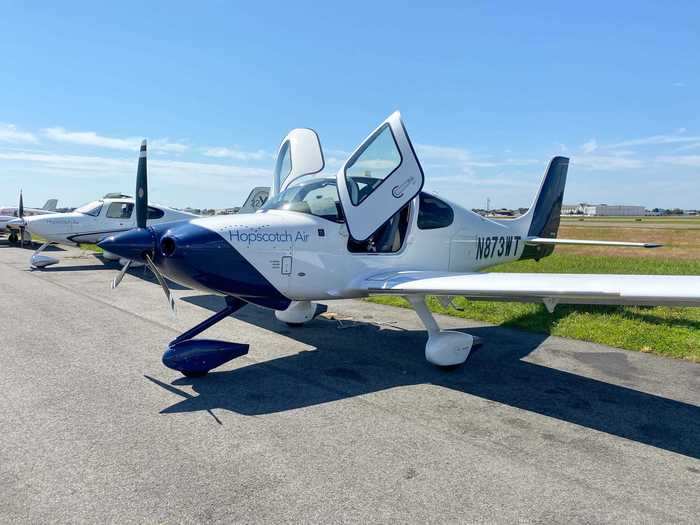
Cirrus' aircraft are widely-regarded to be the Cadillac of piston aircraft thanks to its speed, comfort, and advanced onboard systems.
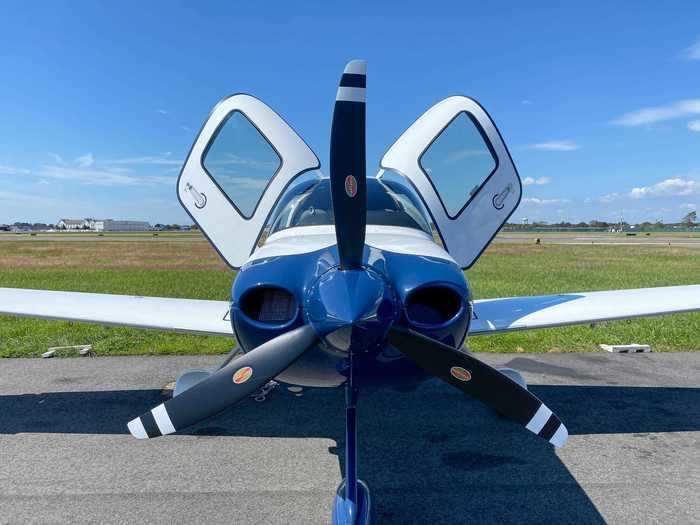
Both models can fly at altitudes up to 17,500 feet with the newer SR-22 model cruising at over 200 miles per hour.
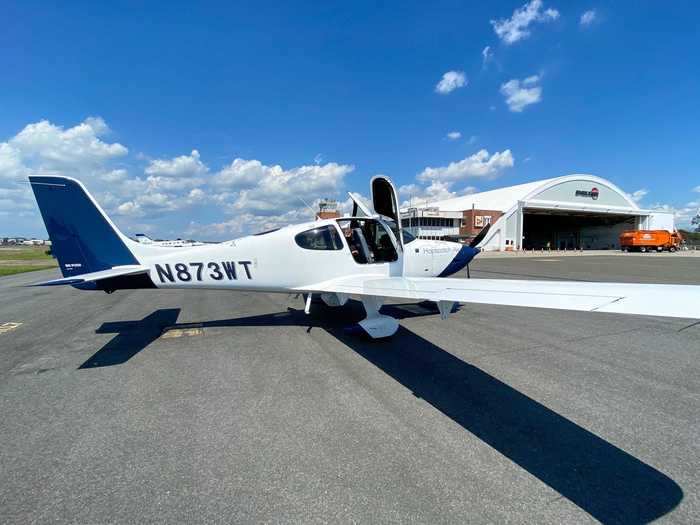
Source: Cirrus Aircraft
They even have baggage compartments that can fit golf clubs or full-size luggage.
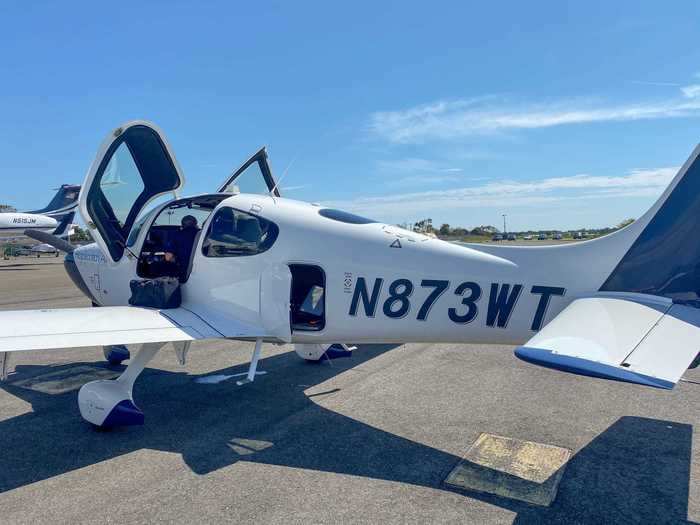
Including the pilot, the typical SR-20/22 can seat four passengers.
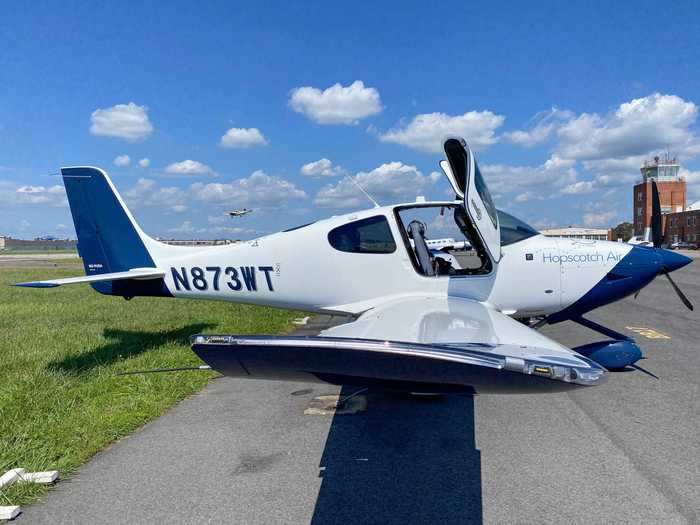
Only one pilot is required to fly the plane, leaving what's normally the co-pilot's seat open for a passenger.
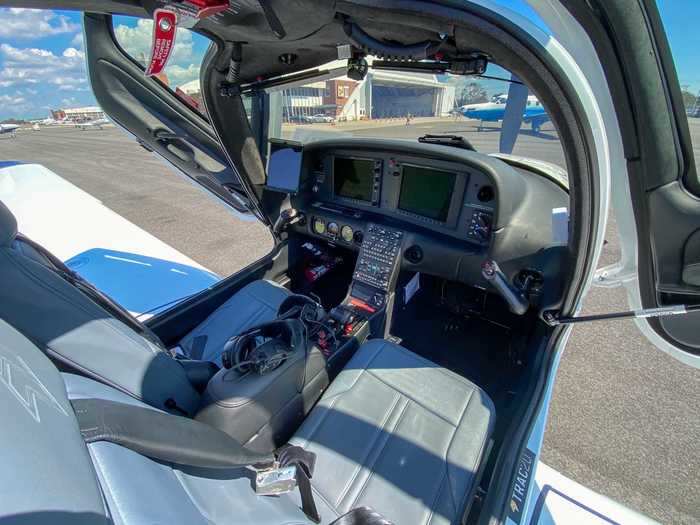
Two more can fit in the back row with leather seating throughout.
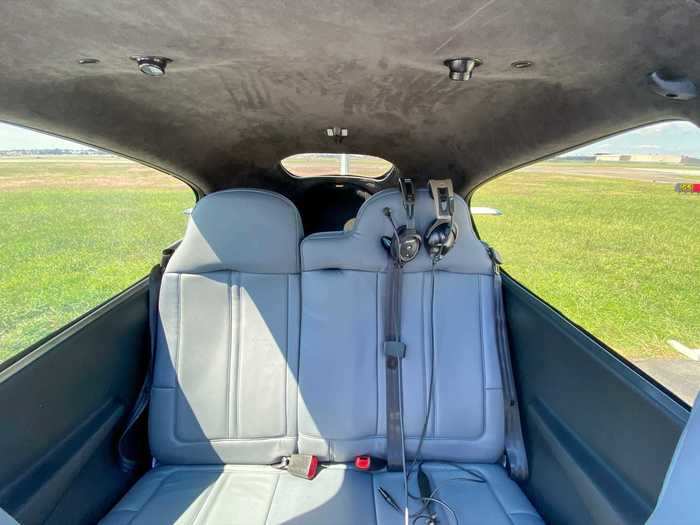
These air taxis can't be hailed on the street but can be found at airports across the New York area. Our cab stand for the flight was Farmingdale's Republic Airport on Long Island.
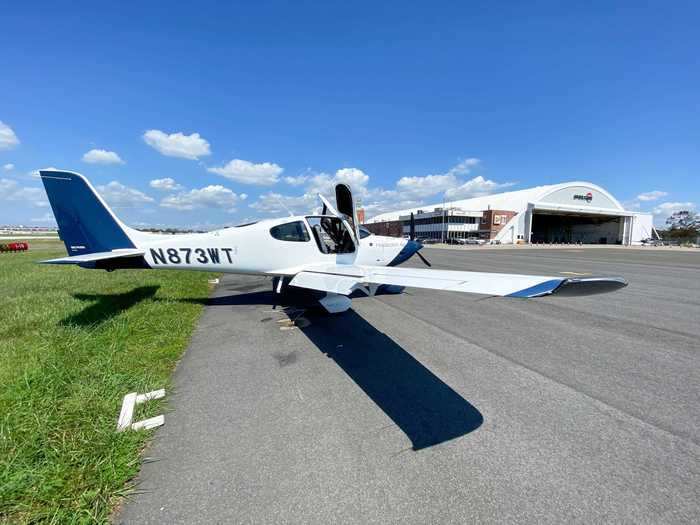
Hopscotch Air uses private terminals, known as fixed-base operators or FBOs, so passengers can skip the security checkpoint and long lines that they'd face when taking an airliner.
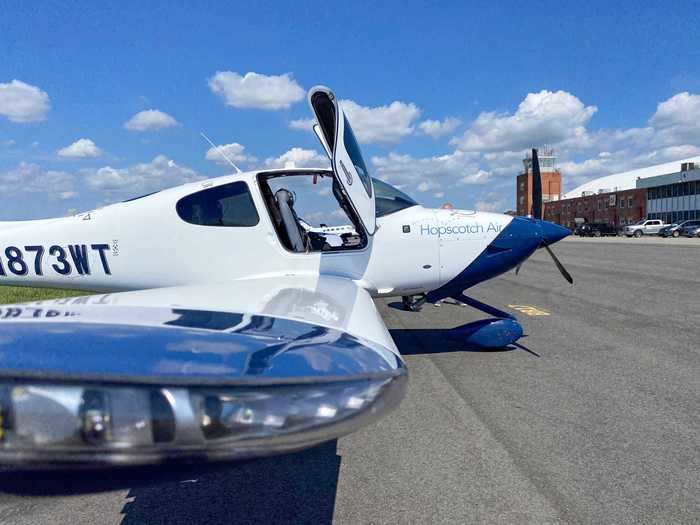
Doors of the aircraft open vertically for easy access but passengers do have to climb up on the wing to get in.
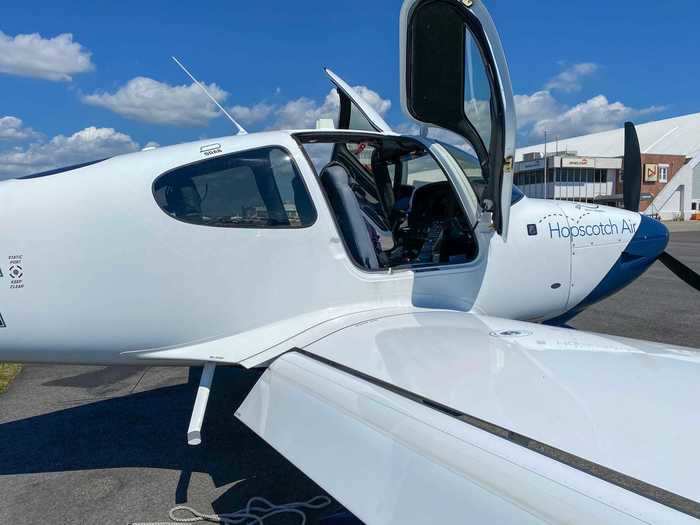
I settled into the co-pilot's seat for the first leg of our trip to eastern Long Island.
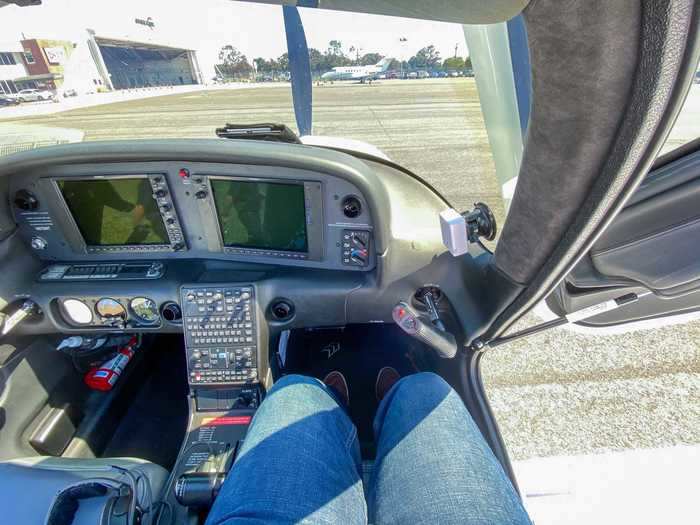
Legroom wasn't an issue but I had to be sure not to accidentally press the rudder or brake pedals.
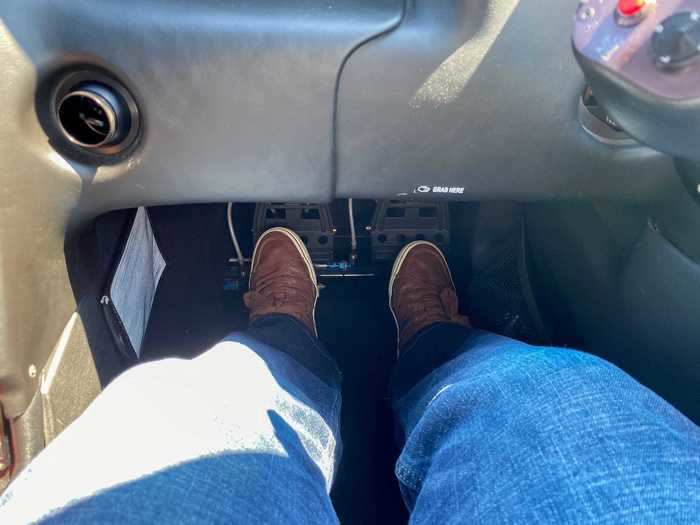
A vital feature of Cirrus aircraft is the air conditioning system that provides hot and cold air upon request, just like in a car. It's often required during the summer flying season.
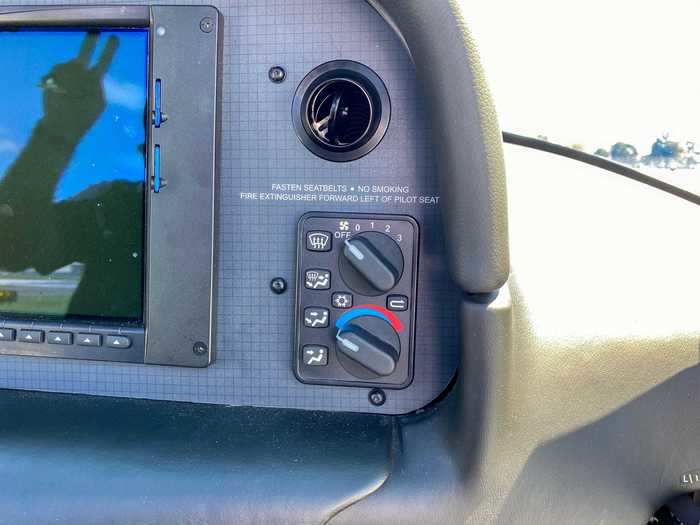
The interior is quite loud once the engine starts because it's a small plane so I donned a headset which also allowed me to chat with the pilot during the flight.
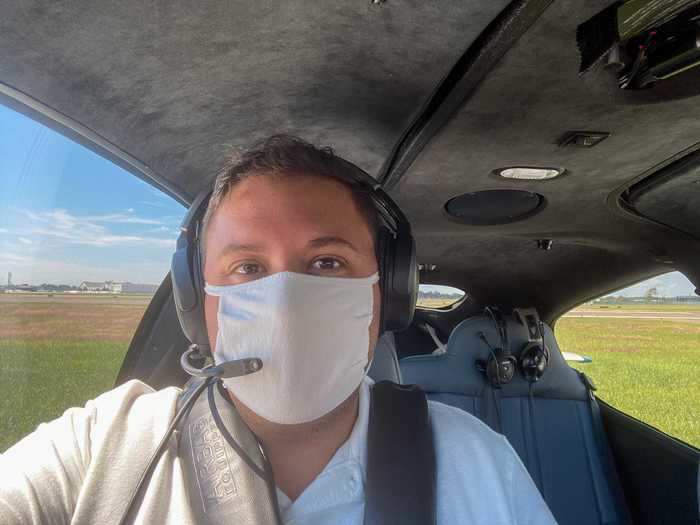
It took less than five minutes to get underway once we shut the doors as the pilot ran through the checklist with airline-like precision.
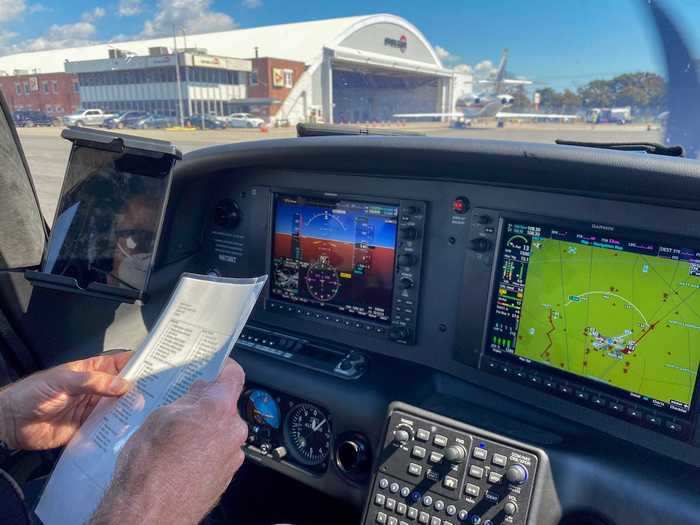
Before we departed, I was also briefed on the SR-20's best safety feature, the onboard parachute. Should anything happen to the pilot, all I'd need to do is bring the throttle and fuel lever back to cut the engine, then pull the parachute.
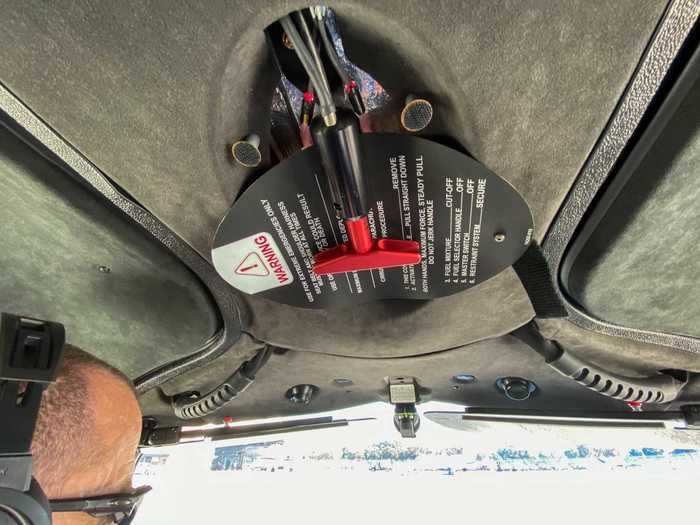
It would total the plane but we would be alive as we gently floated back down to Earth's surface. Here's where it ejects from.
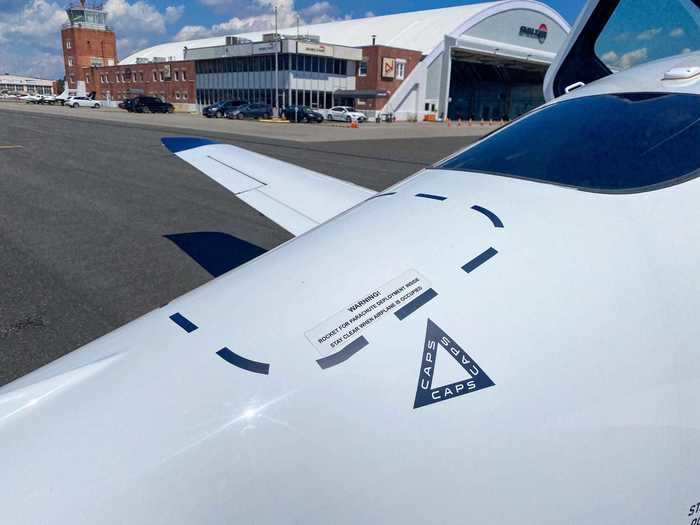
The key perk of using an executive airport is that they're smaller and taxiing to and from the runway takes less time. Case in point, the runway in use for our flight was directly adjacent to the terminal.
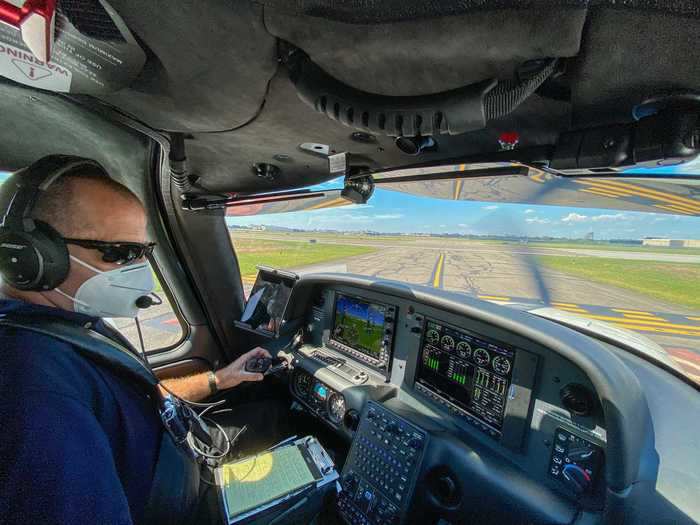
We departed from Republic Airport on a visual flight plan with Brookhaven Airport, 26 nautical miles to the east.
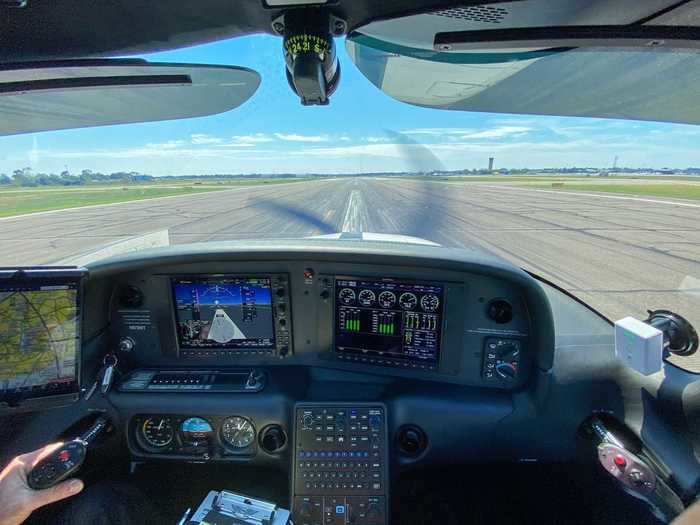
Sitting up front, I had a front-row seat to the action as we took to the skies.
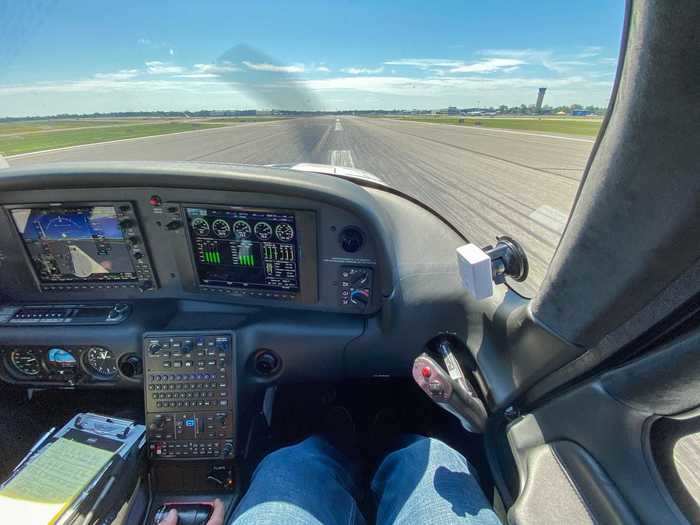
We were airborne within seconds of advancing the throttle. If I was driving on that road below the wing, it would've taken around 40 minutes to get to Brookhaven, so the race was on to see if we could beat that.
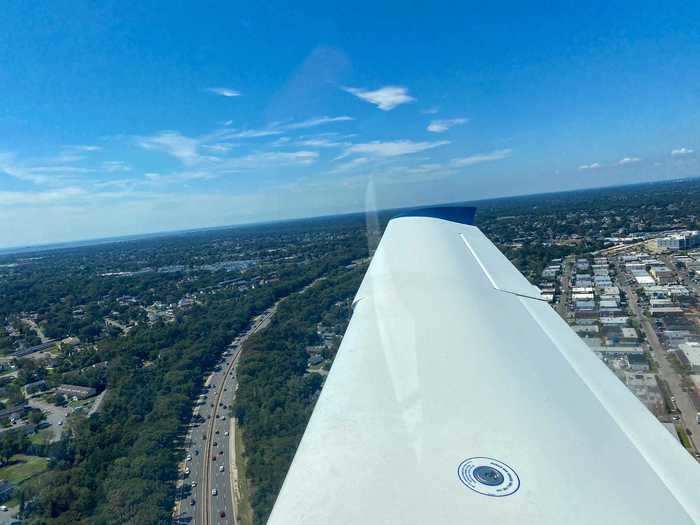
Since we weren't operating under an instrument flight plan, the pilot was flying based on visual cues and geography.
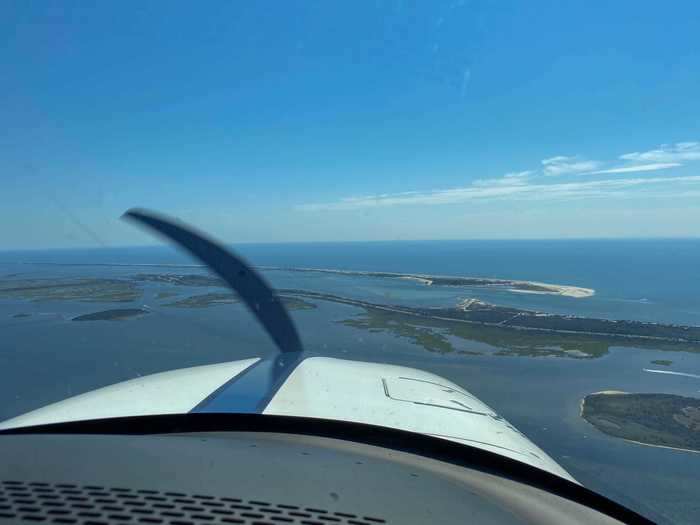
We headed southeast towards the shoreline and followed it all the way to Brookhaven. Our flight barely scratched the surface of the SR-20's capabilities.
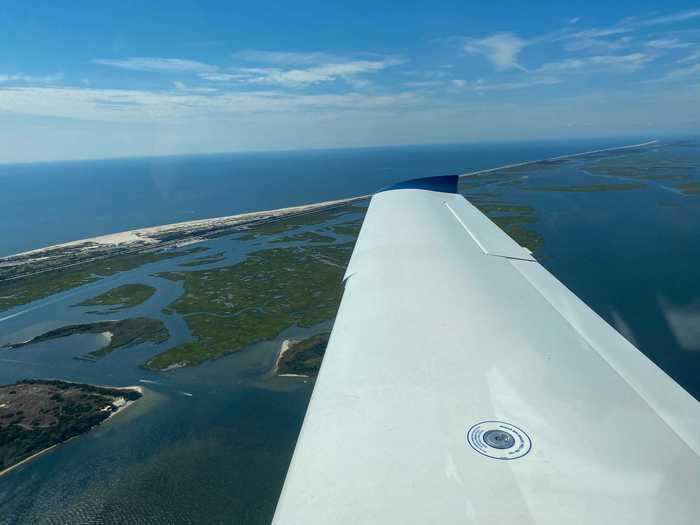
Two high definition screens provide advanced navigation systems with other planes showing up on the moving map to help the pilot avoid them.
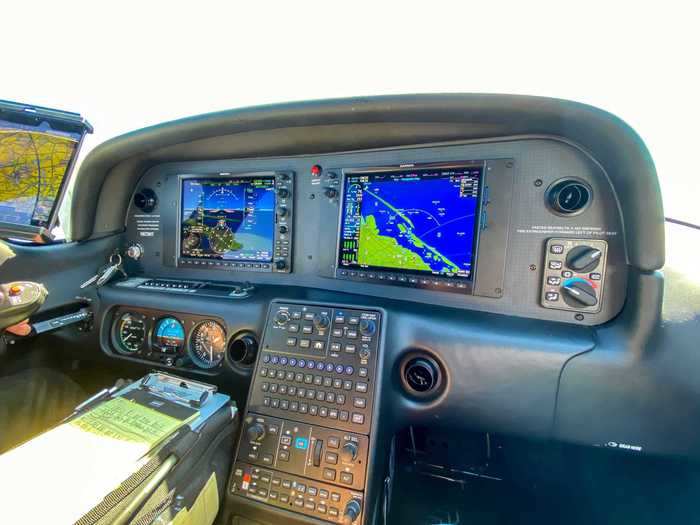
If we had kept following the shoreline, we could've been in Montauk – 50 miles away – in just under 20 minutes. During the summer, that drive can take hours navigating two-lane roads.
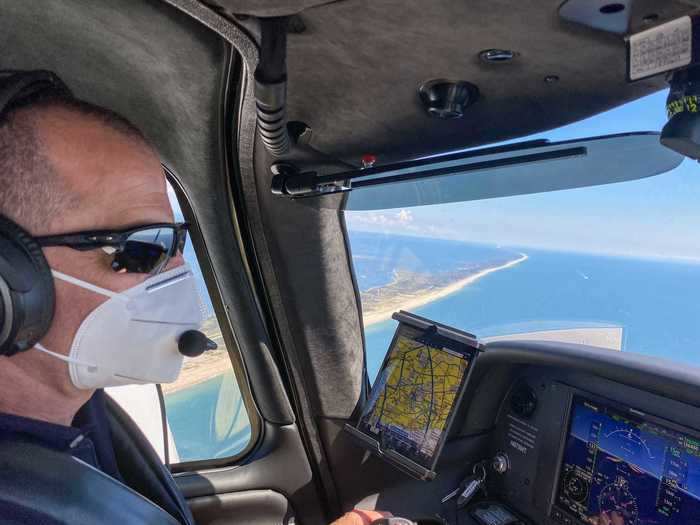
Once we settled into our cruise, I saw just how unique the Cirrus' design is. Pilots control the aircraft with a side-stick, instead of the normal W-shaped control column...
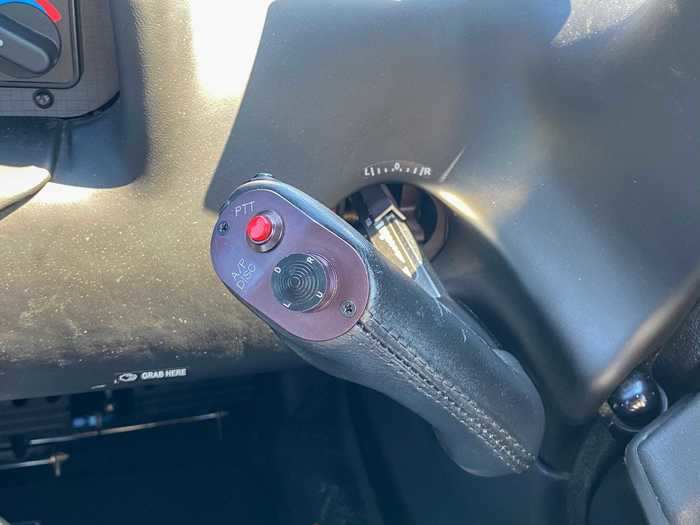
The throttle lever is near-identical to that of an airliner...
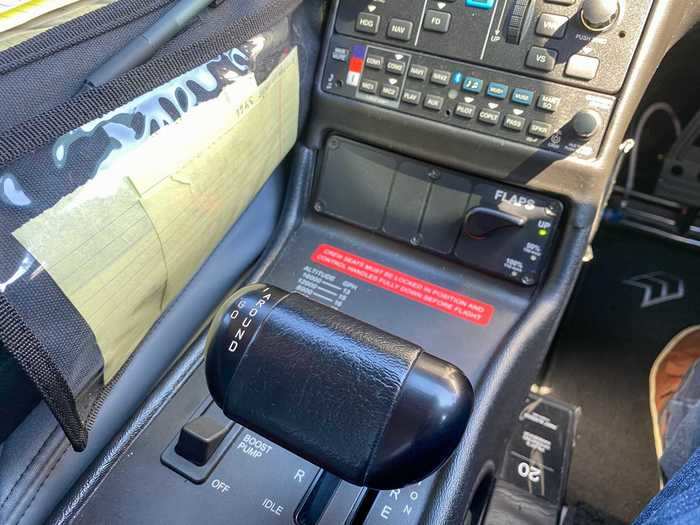
And there are autopilot capabilities.
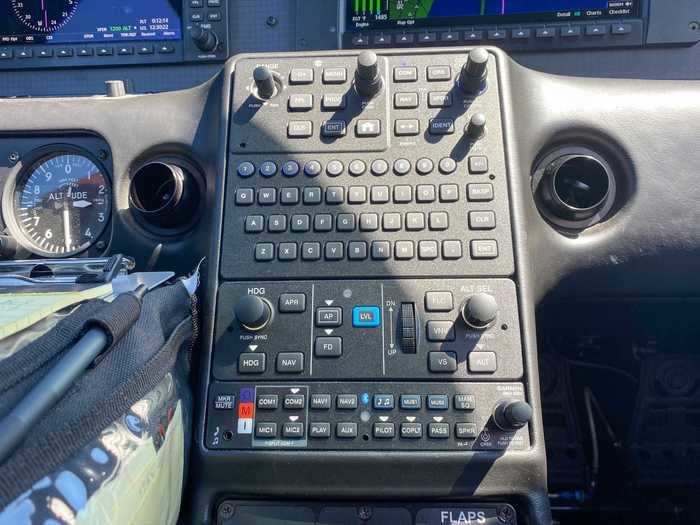
After flying for about 15 minutes at a top speed of approximately 150 miles per hour, Brookhaven came into view so we turned to the north and prepared to land.
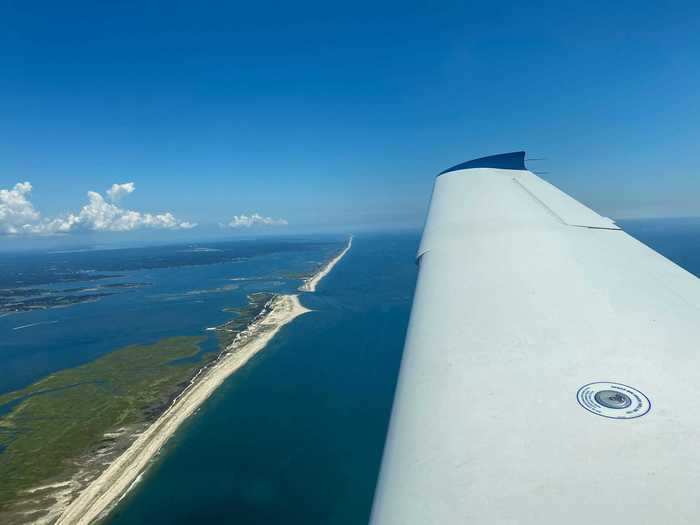
Brookhaven is a popular general aviation airport so we'd have to join the line of Cessnas also landing.
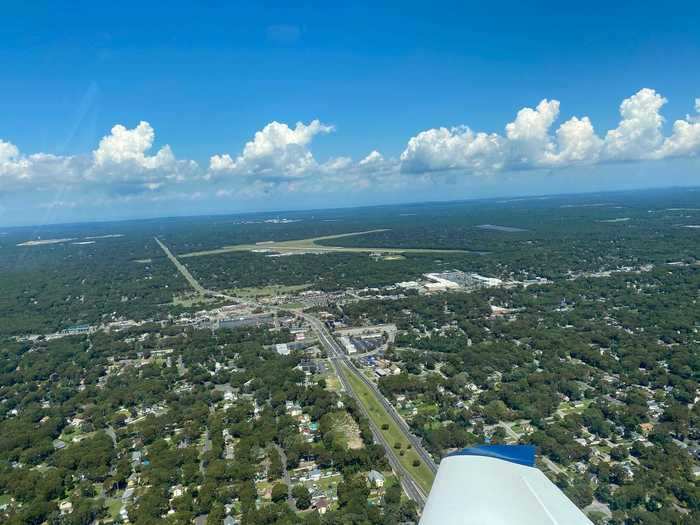
It was nothing the Cirrus couldn't handle thanks to the traffic notifications on the navigation screen.
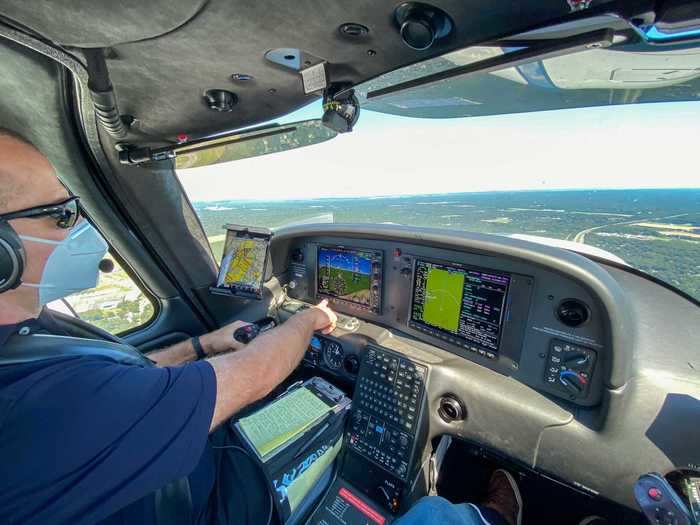
We touched down exactly 21 minutes from when we departed Farmingdale, beating the traffic on the road.
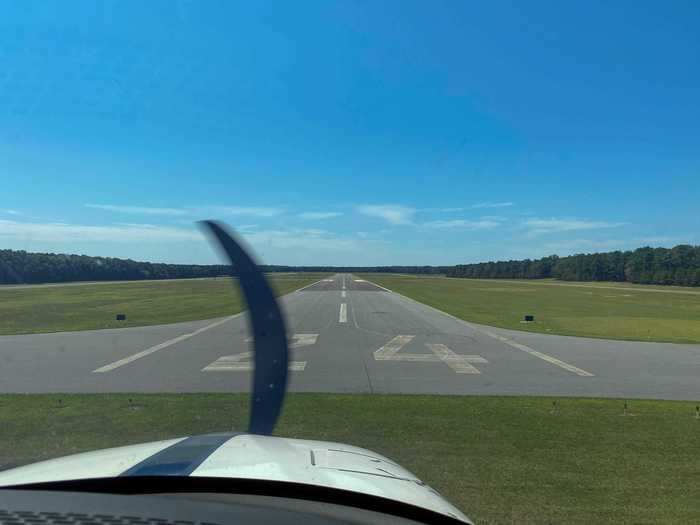
The time savings are more pronounced with longer flights but it was a good showing, considering we had to join the back of a line of planes also wanting to land at Brookhaven.
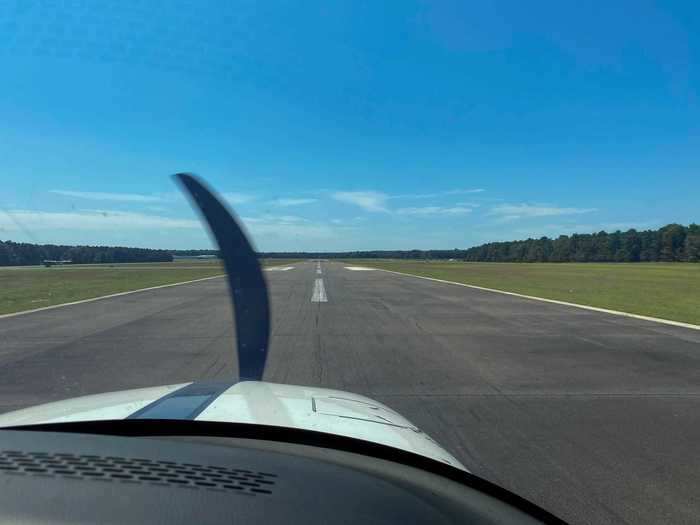
Once we were on the ground, it was time for me to hop in the back.
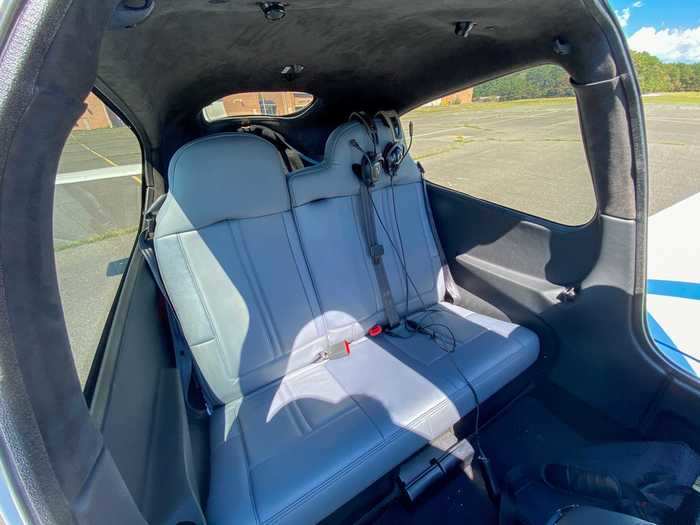
I was expecting it to be like riding in the back of a sedan but it was actually more comfortable and spacious than I imagined.
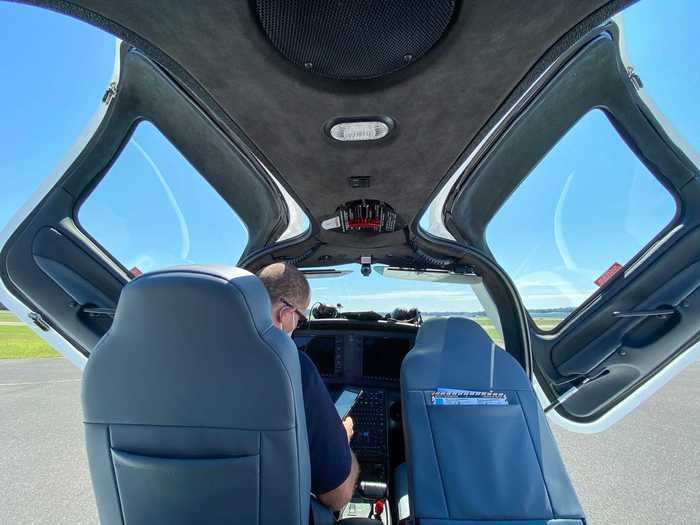
Much like a coupe, the front passenger seat folds down to grant access to the back of the plane.
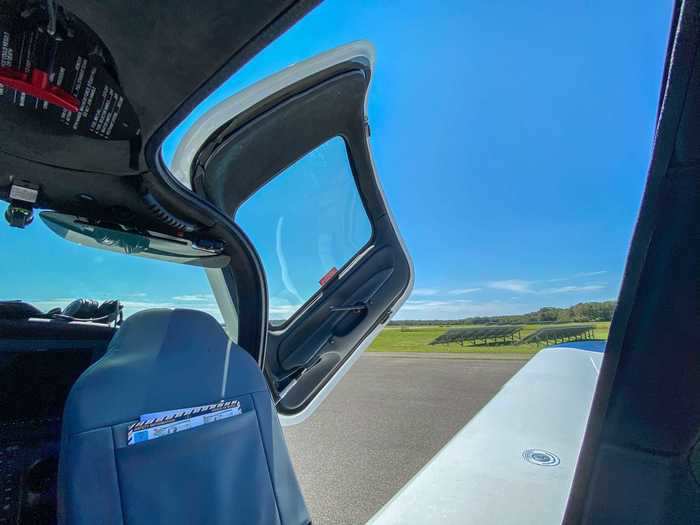
Legroom was similarly not an issue back here, either.
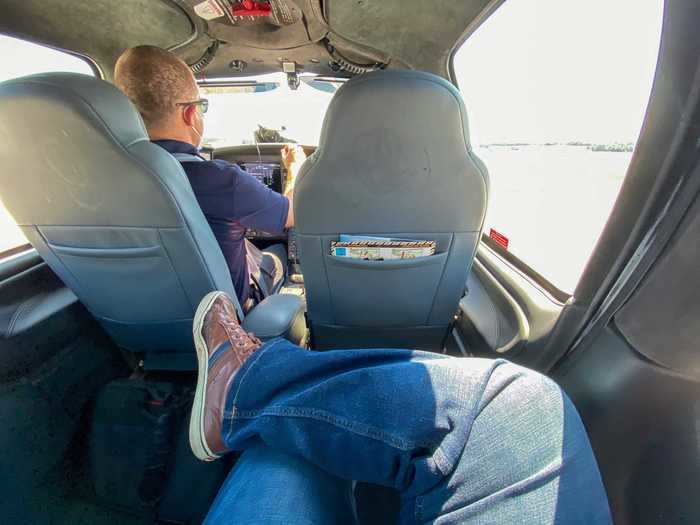
Though, it did help that the front seat was empty.
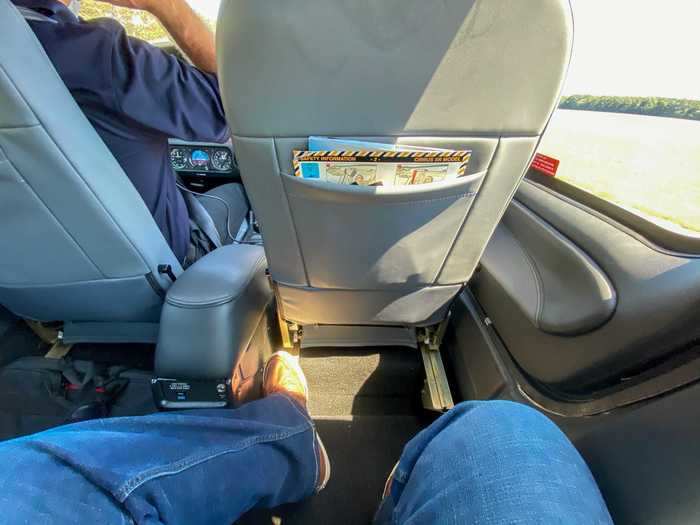
For a small piston aircraft, the SR-20 has a deceiving cabin from the outside as it was deeper than I expected just from looking at the plane's exterior.
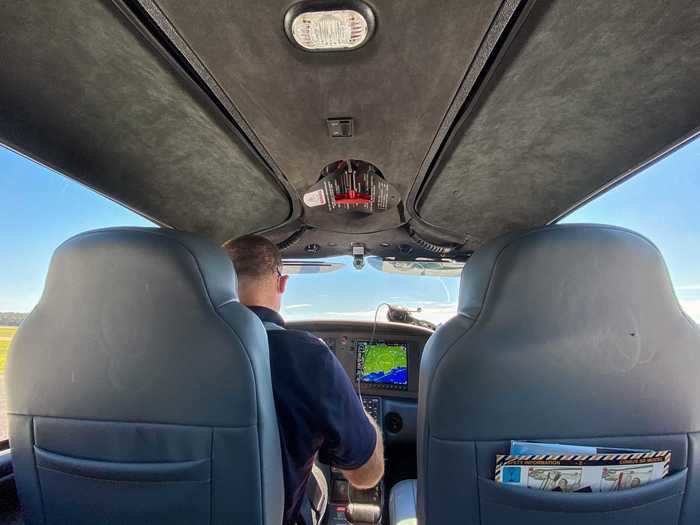
Just like on a passenger plane, the SR-20 has USB charging ports, personal reading lamps, and air vents.
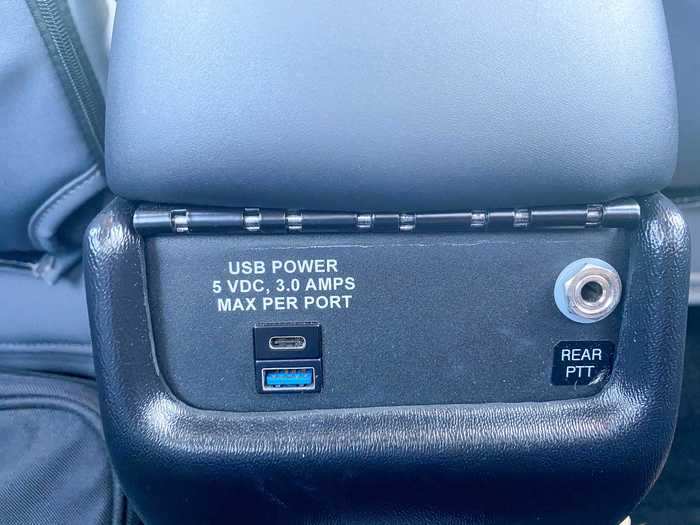
A phone can even be connected to the aircraft's speaker system to blast music while flying.
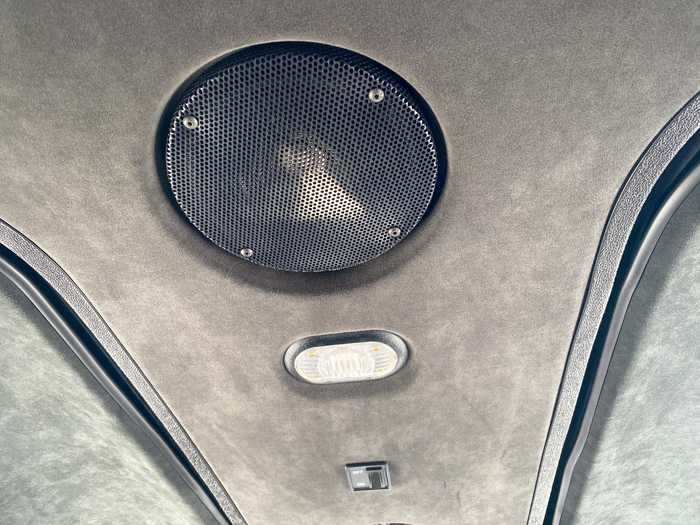
Time to see if we could beat our time back to Farmingdale.
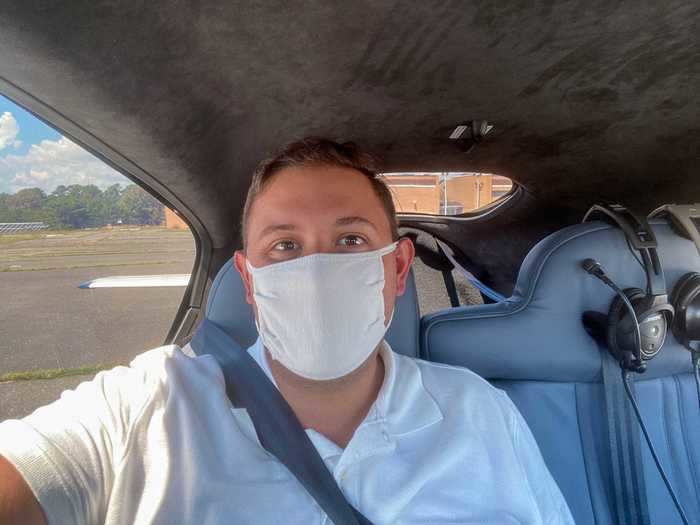
We took to the runway one more time and headed back under visual flight rules again.
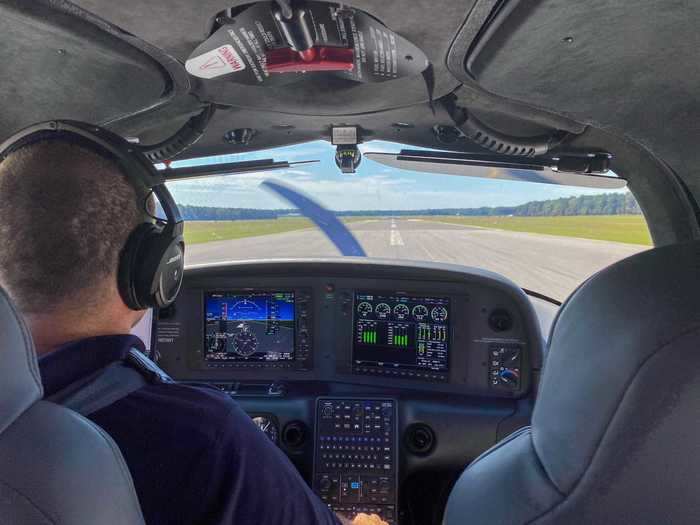
Once again, we headed down towards the shoreline and followed it back to our origin.
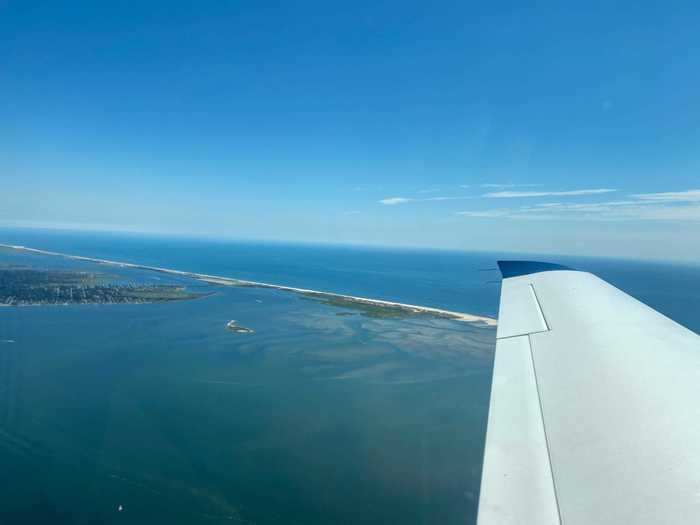
The oversized windows in the back of the SR-20 allowed for some great views along the way.
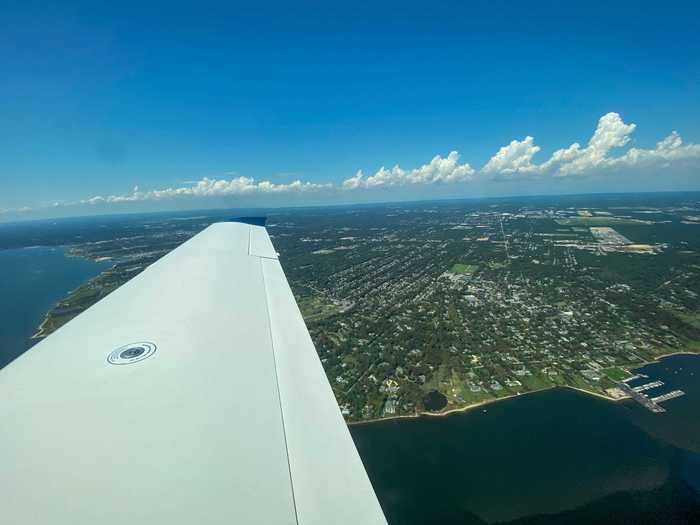
The pilot was talking with air traffic control the entire time we were in the air so we weren't completely on our own.
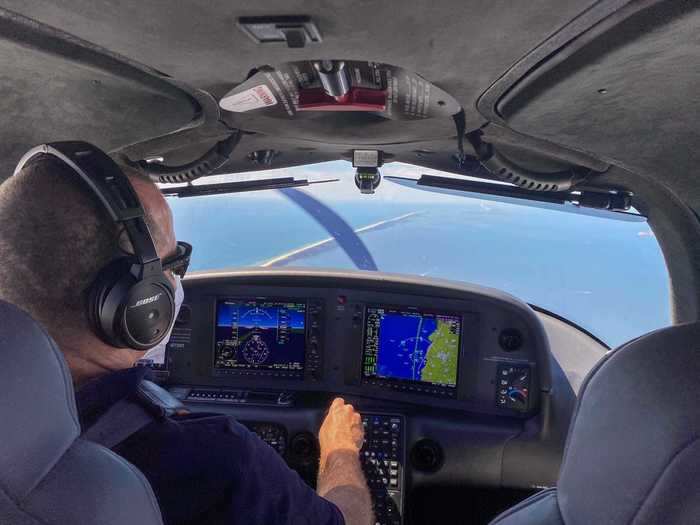
The leather seats and air conditioning made the journey quite comfortable.
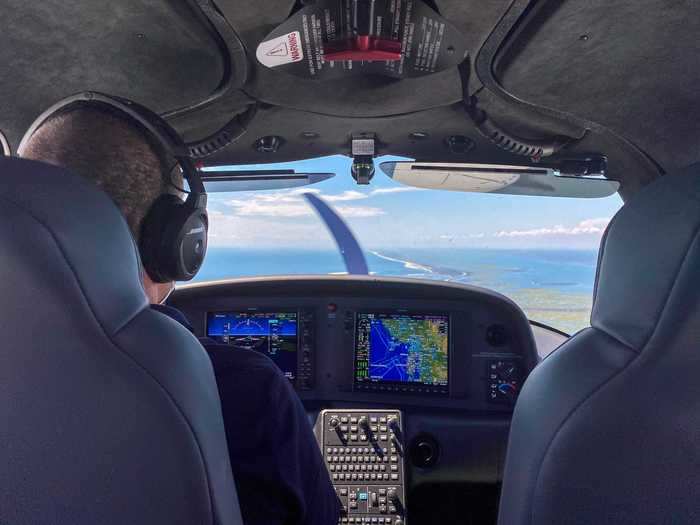
The Massachusetts islands are popular destinations but some of Hopscotch Air's clients have recently taken the aircraft as far as North Carolina and Chicago on flights over three hours in duration.
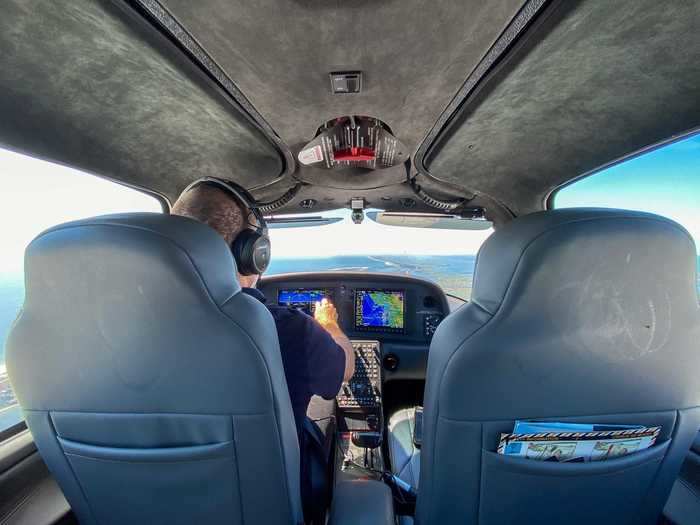
And I could see why, though undoubtedly slower than the airlines, flying three hours in this plane would have been no different than in a luxury car.
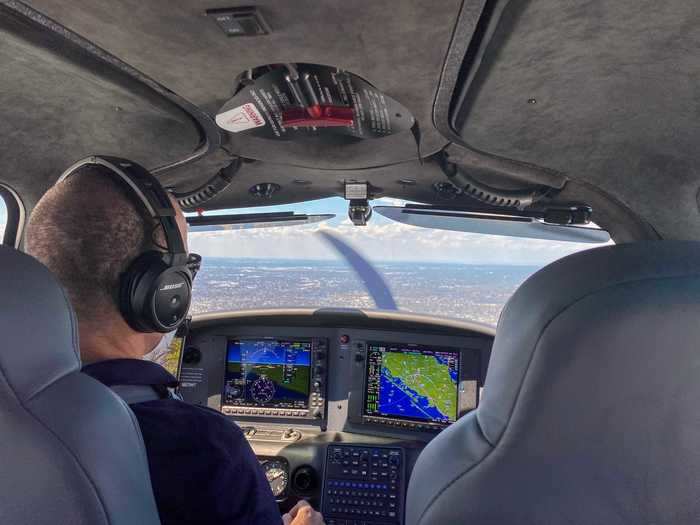
Soon enough, Republic Airport came into view and we prepared to land, just 15 minutes after departing Brookhaven.
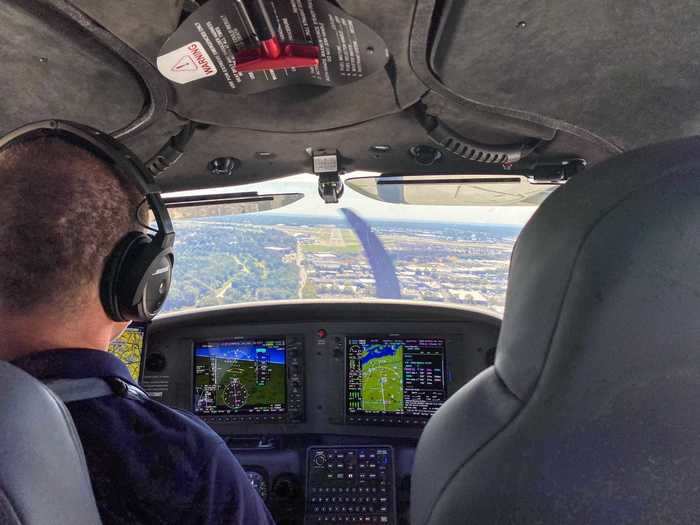
We just about matched our time on this leg but had managed to fly back and forth in the same amount of time it would've taken to drive one way.
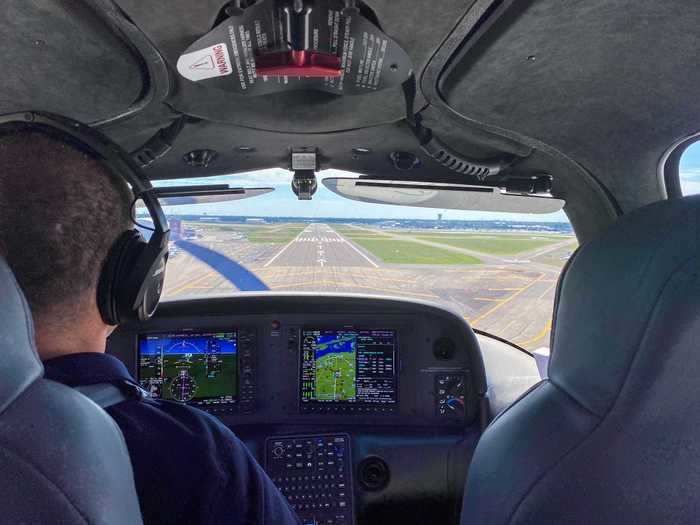
After landing, it was a quick taxi back to the private terminal where our flight ended.
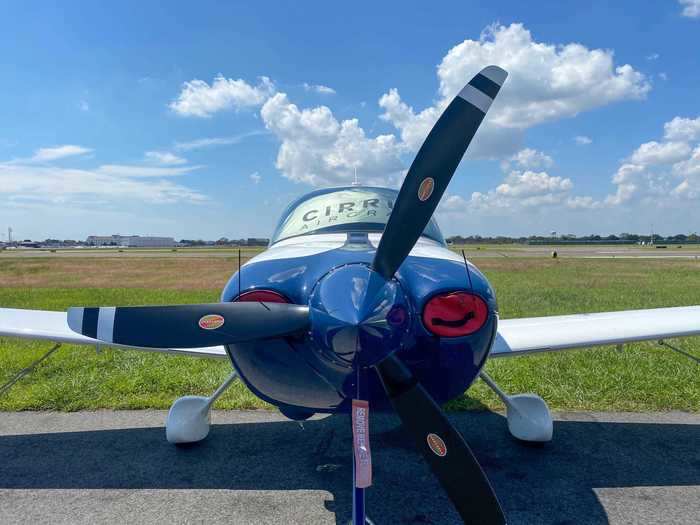
READ MORE ARTICLES ON
Popular Right Now
Popular Keywords
Advertisement